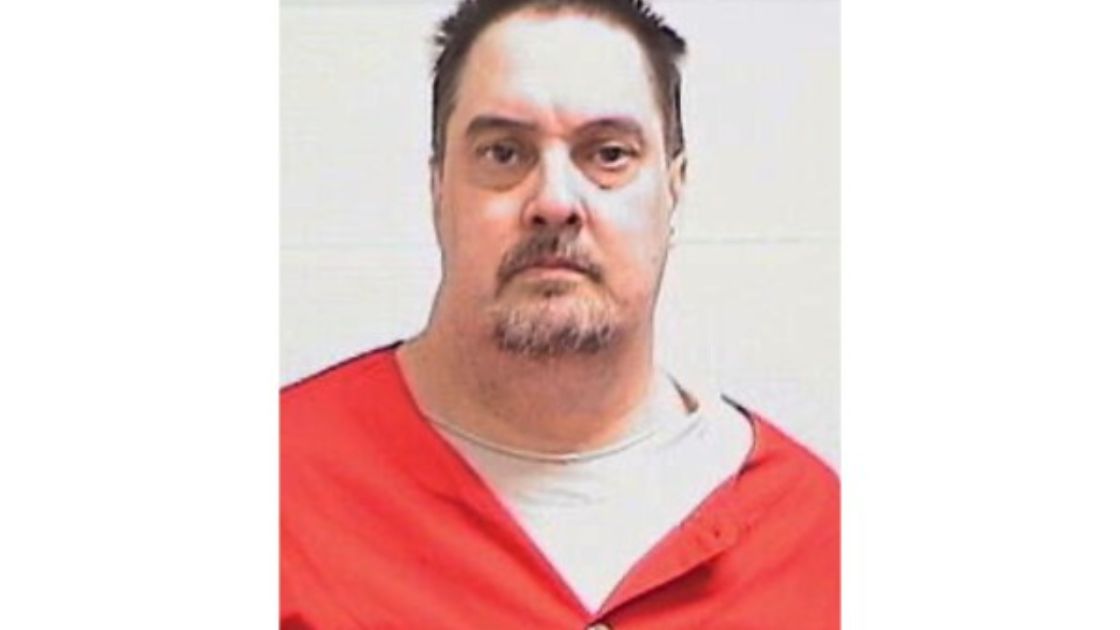MICHIGAN CITY, IN – Roy Lee Ward, convicted of the 2001 rape and murder of 15-year-old Stacy Payne, was executed by lethal injection early Friday morning. His execution at the Indiana State Prison in Michigan City marked the state’s third execution since capital punishment was resumed in 2022.
Execution Process and Last Words
Ward, 53, was pronounced dead at 12:33 a.m. after the execution process began shortly after midnight. According to the Indiana Department of Correction, Ward’s final meal was from Texas Corral and included a hamburger.
In his final moments, Ward’s last words were reported as “Brian is going to read them,” though it was unclear when he made this statement.
The Crime That Shook a Community
Ward’s conviction stems from the brutal rape and murder of Stacy Payne at her family’s home near Dale, Indiana. Payne was attacked with a knife and dumbbell, leaving a lasting impact on the small community of about 1,500 people. The crime, which occurred about 30 miles east of Evansville, shocked the town and devastated the Payne family.
Legal Battle and Delay
Ward had spent over two decades appealing his conviction. He was first convicted in 2002 and sentenced to death, but the Indiana Supreme Court overturned the conviction, prompting a new trial. In 2007, Ward pled guilty to the charges. He later exhausted all legal options, including a 2019 lawsuit in which he sought to stop all pending executions in the state.
Ward’s execution came after the Indiana Supreme Court declined to stay the execution and Governor Mike Braun rejected his clemency bid. The U.S. Supreme Court also declined to hear his case in 2017. Ward’s execution followed a lengthy process that ultimately concluded with a finality in the courts.
Concerns Over Execution Protocol
Ward’s execution also raised questions about the state’s handling of the powerful sedative pentobarbital, which is used in lethal injections. State officials had ended a 15-year pause on executions in 2022, claiming they were able to obtain the necessary drugs after they became unavailable for years.
Ward’s attorneys raised concerns about the storage and temperature of the pentobarbital used in the execution, questioning the state’s procedures for handling the drug. Despite these concerns, the Indiana Department of Correction assured the public that it had obtained enough pentobarbital to comply with the execution protocol.
Family’s Response to the Execution
For the Payne family, the execution was a long-awaited step toward justice. Julie Wininger, Stacy Payne’s mother, spoke about the ongoing emotional toll of the loss:
“Now our family gatherings are no longer whole, holidays still empty. Birthdays are sad reminders of what we lost,” Wininger said. “Our family has endured emotional devastation.”
Ward’s clemency bid was skipped by the victim’s family, who were determined to see justice served. In a poignant statement, Wininger shared the ongoing heartache caused by the loss of her daughter, an honor student and cheerleader whose influence extended far beyond her short life.
Ward’s Final Moments and Reflection
Before his execution, Deacon Brian Nosbusch, one of Ward’s spiritual advisers, said that Ward had shown deep remorse for his actions. “He knows he did it,” Nosbusch said. “He knows it was horrendous.”
Ward had recently been diagnosed with autism spectrum disorder, which his attorneys said affected his ability to communicate clearly and may have played a role in his reluctance to address the victim’s family during his clemency proceedings.
Call to Action
What are your thoughts on the execution of Roy Lee Ward? Do you believe justice was served? Share your thoughts in the comments below and discuss the ongoing debate surrounding the death penalty and its application in modern justice systems.




